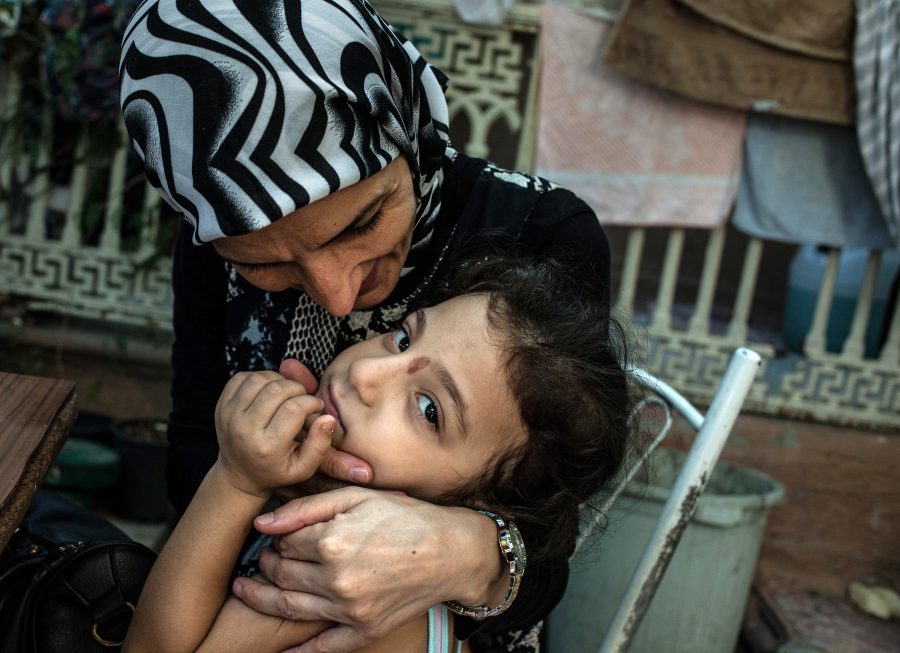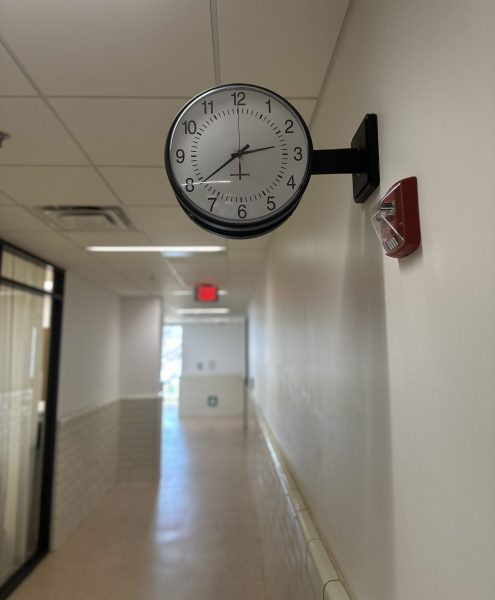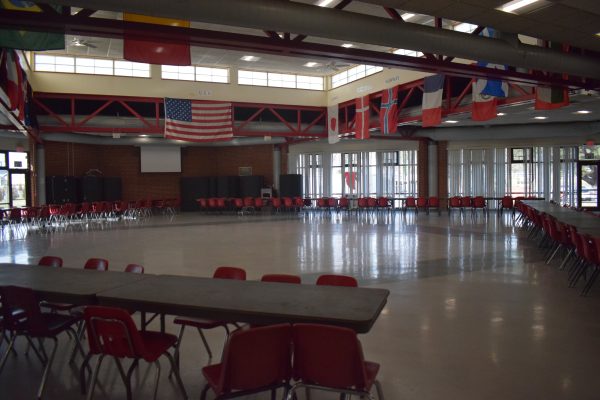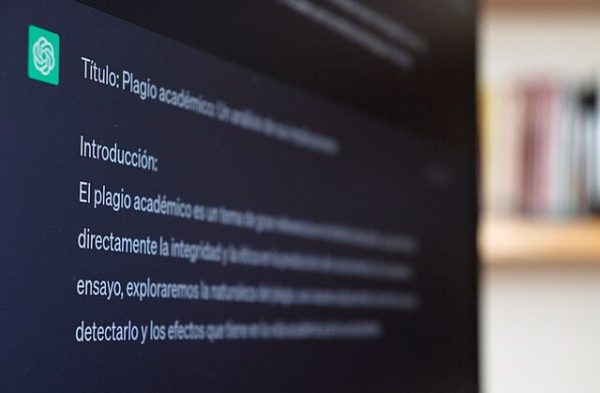Syrian refugee crisis calls for compassion
TNS
In Izmir, Turkey, Um Mohammed embraces her daughter Raghad as they wait for another chance to travel to Greece by boat after several failed attempts on Sept. 4, 2015. This year, some 220,000 war refugees and economic migrants have arrived in Greece from Turkey and other Mediterranean jumping off points, according to U.N. figures. (Alice Martins/McClatchy/TNS)
December 16, 2015
Following attacks in France that left 130 dead, U.S. lawmakers are responding by making it harder for the 10,000 Syrian refugees that America promised to accept to enter the country. With more than half of the nation’s governors refusing to accept refugees into their respective states, the United States has traded compassion for suspicion, further victimizing the thousands of people fleeing from their war-torn country. The motivation? Fear and Islamophobia.
If the United States ultimately decides to bar Syrian refugees from entering the nation, we may as well dismantle the Statue of Liberty and send her back to France (which is still accepting 30,000 refugees, in spite of the attacks). Turning away refugees is spitting on the country’s most valued principles. These people aren’t trying to infiltrate our nation; they’re fleeing tyranny and terror, caught between an oppressive government and ISIS. Some of those who oppose giving refuge to Syrians seem to have no empathy for Muslims and to consider Islam synonymous with terrorism. However, the majority of ISIS’s victims are Muslims who do not accept ISIS’s extreme and violent doctrine, according to the United Nations.
The concern over security is understandable, and definitely shouldn’t be overlooked. A forged Syrian passport was found on the body of one of the Paris terrorists, who had used the documents to enter Greece. Seven thousand refugees enter Greece every day, and the country simply can’t handle the influx of people. However, the United States can. A thorough vetting process, which can take 18 to 24 months and includes screening from various agencies, is already in place. So, when government officials and public figures claim that the United States has no way of telling who is a refugee and who is a potential threat, sympathetic citizens should not be silent. Are we willing to portray ourselves as incompetent just so we don’t have to face these scary Syrian widows, orphans, and refugees?
We cannot allow fear and ignorance to impede our better judgement and moral standards. GOP presidential candidate Ben Carson has referred to Syrian refugees as “rabid dogs,” and after visiting a refugee camp in Jordan, referred to the facilities—and let’s remember that these people are living in tents, with no electricity and little security—as being “really quite nice.” Moreover, he was confused upon learning that refugees would rather return to their home countries than come to America. Of course they would! But their homes are currently being ravaged by a militant fundamentalist group with an affinity for beheadings. The responses from fellow candidates Jeb Bush and Donald Trump have been just as thickheaded, with Bush advocating allowing only Christian refugees to enter, and Trump calling for banning all Muslims from entering the country.
Have we learned nothing from the past? America didn’t allow Jewish refugees into the country during World War II because people feared dangerous ideologies and Communist saboteurs. Today we find that inaction deplorable. Do we wish to look back on our decisions today with the same shame? Have the Japanese internment camps taught us nothing about what happens when fear overshadows our conscience? Time and time again, prejudice presides over sympathy. Let’s not allow it to happen this time.
It’s past time that America—a supposed beacon of freedom and independence—learns the meaning of its own virtues and rejects fear-mongering. We have the means to help refugees, and the power and resources to keep ourselves safe in this unsafe world. If the United States won’t help those suffering underneath the fist of tyranny, perhaps it’s time we rethink that whole “liberty and justice for all” thing.
















